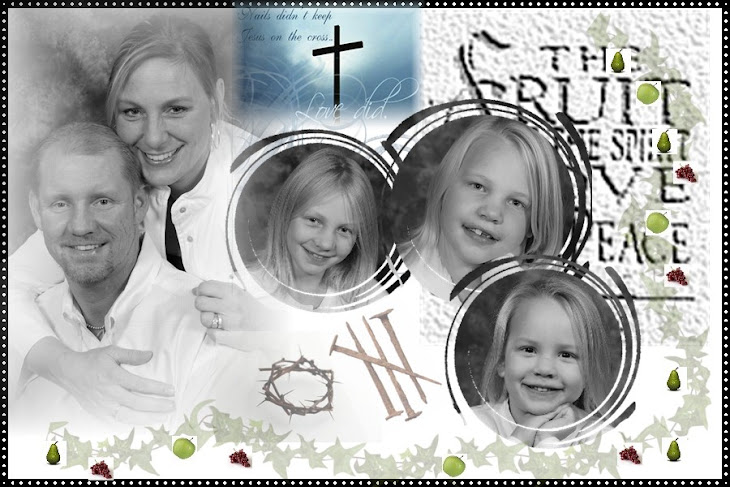I read this today and felt it needed to be repeated and distributed..Just awesome !!!!
God in Loving Pursuit
"You must picture me alone in that room in Magdalen, night after night, feeling, whenever my mind lifted even for a second from my work, the steady, unrelenting approach of Him whom I so earnestly desired not to meet. That which I greatly feared had at last come upon me. In the Trinity Term of 1929 I gave in, and admitted that God was God, and knelt and prayed: perhaps, that night, the most dejected and reluctant convert in all England. I did not then see what is now the most shining and obvious thing; the Divine humility which will accept a convert even on such terms. The Prodigal Son at least walked home on his own feet. But who can duly adore that Love which will open the high gates to a prodigal who is brought in kicking, struggling, resentful, and darting his eyes in every direction for a chance of escape?"(1)
C.S. Lewis, the most reluctant and dejected convert in all England, penned this now famous and oft-quoted account of his conversion. Unlike some who decided to follow Jesus with urgency and willingness of heart, Lewis came into the Kingdom of God kicking and screaming! While some of us resonate with Lewis’s dread of conversion, most of us, like the Prodigal Son, gladly pursued the path home.
Lewis’s reluctant conversion fascinates me, but I am even more moved by the glimpse into God's character his story affords. For Lewis reminds us of the love of God that relentlessly pursues even the reluctant prodigal who would turn and run in the opposite direction in order to avoid God’s gracious embrace. The God revealed in Lewis’s account is a God who pursues sinners. Indeed, even the reluctant convert is wooed, courted, and embraced by God’s love.
The apostle Paul often talked about the love of God for sinners. In what is perhaps the apex of his letter to the Romans, Paul writes: "For while we were still helpless, at the right time Christ died for the ungodly. For one will hardly die for a righteous person; though perhaps for the good someone would dare even to die. But God demonstrates God’s own love toward us, in that while we were yet sinners, Christ died for us. Much more then, having now been justified by his blood, we shall be saved from the wrath of God through him. For if while we were enemies, we were reconciled to God through the death of the Son, much more, having been reconciled, we shall be saved by his life" (Romans 5:1-11).
Paul’s progressive description of our condition before God reveals the depths of God’s love. First, Paul notes that God’s love pursued us "while we were still helpless." Then, Paul states that God loved us “while we were yet sinners,” and finally, God loved us and reconciled us even "while we were enemies." Indeed, Paul insists on God's great love towards even the vilest offender through the life and death of Jesus. He doesn’t make this claim as one who stands removed from the vilest offender. Indeed, he identifies himself as one who found mercy as the foremost sinner of all: "It is a trustworthy statement, deserving full acceptance, that Christ Jesus came into the world to save sinners, among whom I am foremost of all."(2)
But Paul's recognition of God's grace didn't end with himself. As Paul grasped the depths of God’s reconciling love in his own life, it led him to proclaim that same reconciliation for others. To the Corinthian church he wrote, "Now all these things are from God, who reconciled us through Christ, and gave us the ministry of reconciliation, namely, that God was in Christ reconciling the world to Himself, not counting their trespasses against them, and He has committed to us the word of reconciliation" (2 Corinthians 5:18-19).
In reflecting on the reconciling work of God in Christ, scholar Miroslav Volf draws a pointed application: "God does not abandon the godless to their evil but gives the divine self for them in order to receive them into divine communion through atonement, so also should we-whoever our enemies and whoever we may be."(3) As we reflect on our own standing before God, our own inclusion into God's gracious love, may we not be reluctant converts blind to the depths of our own reconciliation. Rather, may our common heritage as sinners move us to pursue others as God has pursued us.
Margaret Manning is a member of the speaking and writing team at Ravi Zacharias International Ministries in Seattle, Washington.
Print this post
Thursday, February 11, 2010
Subscribe to:
Post Comments (Atom)





0 comments:
Post a Comment